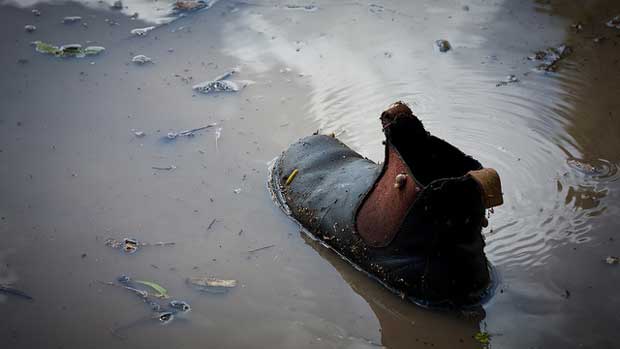
Source: Wired
Climate change has changed the lifestyles of indigenous and remote groups around the globe and in the U.S.
An increase in the number of suicides attempted has been recorded in areas where groups are losing their lands and their ability to access wildlife, food, and travel.
Referred to as “ecological grief,” Wired reports, groups of people go into states of depression as ecosystems disappear.
“Things like depression, anxiety, post traumatic stress disorder, substance abuse, domestic abuse, all these things tend to go up in the aftermath of a natural disasters,” said psychologist Susan Clayton of the College of Wooster and co-author of a report on climate change and its impact on mental health around the globe.
Natural disasters often lead to mental health illnesses as victims are faced with the hardships of moving to new homes, new countries, and dealing with the stress of it all.
A study published in Nature Climate Change found an uptick in suicide rates in the U.S. by .7 percent for every additional degree Celsius in average monthly temperature. The author of the study said data indicated the same trends for different areas of the world.
Read Full Story: Wired
